The National MCH Workforce Development Center Announces the Selection of 10 MCH Faculty Development Fellows!
The National MCH Workforce Development Center is pleased to announce the selection of 10 early and mid-career public health faculty members to the MCH Faculty Development Fellowship Program at Diverse Institutions (Faculty Fellowship). This Faculty Fellowship program will support the fellows in advancing their MCH work and scholarship in areas including public health education, student mentorship, research, and/or practice partnership development and engagement.
The January Cohort
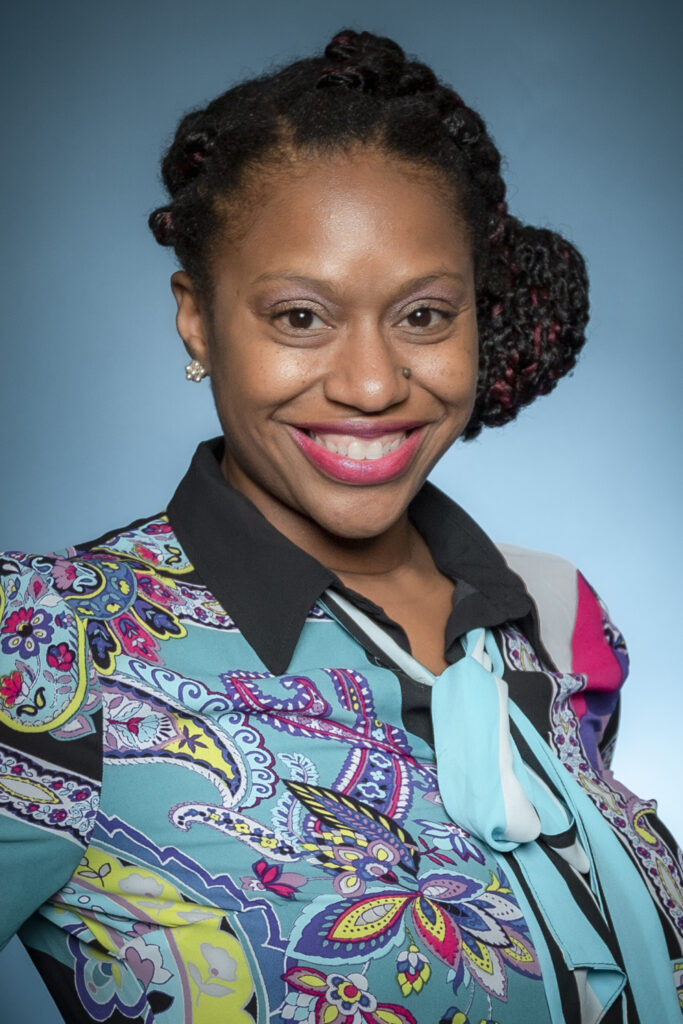
Tyra Toston Gross, PhD, MPH
Associate Professor of Public Health at Xavier University of Louisiana.
Dr. Gross has worked as a public health instructor, researcher, and mentor since August 2015. Dr. Gross earned her PhD in Health Promotion & Behavior from the University of Georgia, with certificates in qualitative research, global health, and non-profit management. Her research expertise is in MCH disparities using community-engagement and strengths-based approaches. Prior to joining Xavier, Dr. Gross completed a postdoctoral fellowship at the University of Texas Medical Branch. Her current research projects include exploring the health of Black postpartum women in Louisiana, impacts of climate change and natural disasters on maternal and child health, and smoking cessation needs for low-income pregnant women. Dr. Gross is a member of the American Public Health Association (APHA) and Society of Behavioral Medicine (SBM). She is also a certified Personal & Executive Coach trained using positive psychology with the CaPP Institute.
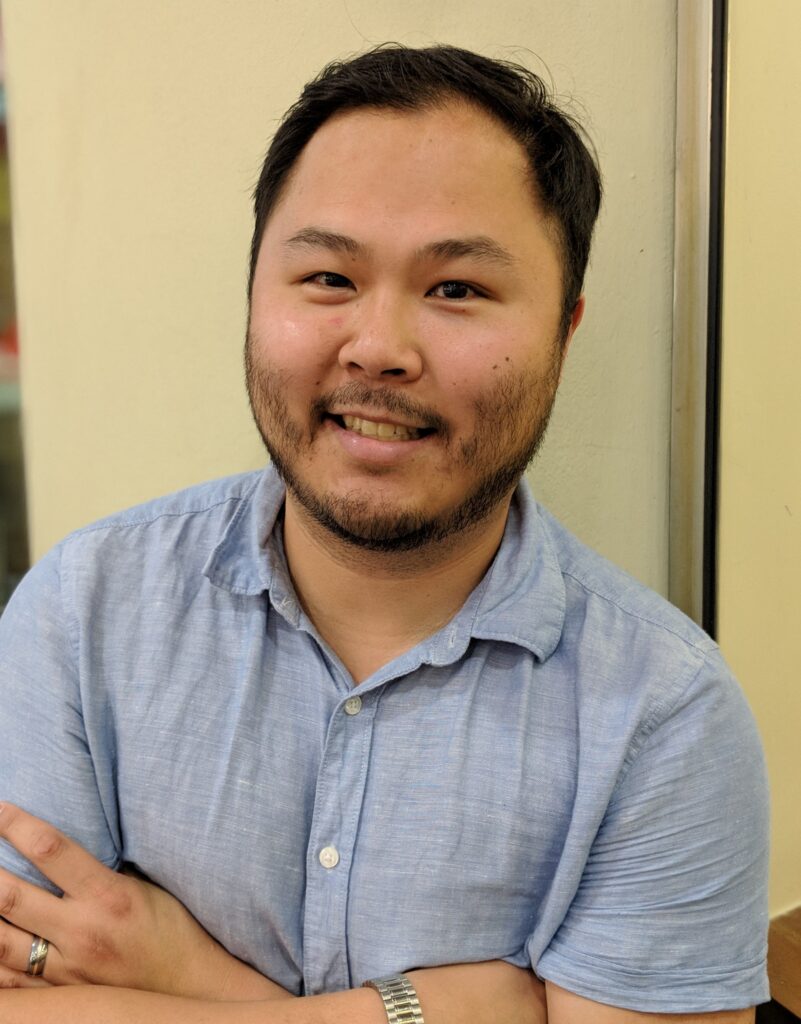
Jonathan Huang, PhD, MPH
Assistant Professor in the Thompson School of Social Work and Public Health at the University of Hawai’i at Mānoa.
Since receiving his PhD in Epidemiology from the University of Washington, Dr. Huang’s research has focused on the factors that influence early child health and development, including the social and biological mechanisms through which they operate. He is particularly interested in the quantitative methods that confirm the applicability of research findings to interventions, practice, and policy. Dr. Huang has led research on birth cohorts from four continents leading to publications in top journals including JAMA Pediatrics, Environmental Health Perspectives, Nature Communications, Epidemiology, and the American Journal of Epidemiology. He currently serves as an associate editor and Education Corner member of the International Journal of Epidemiology and a methodological editor for Fertility & Sterility.
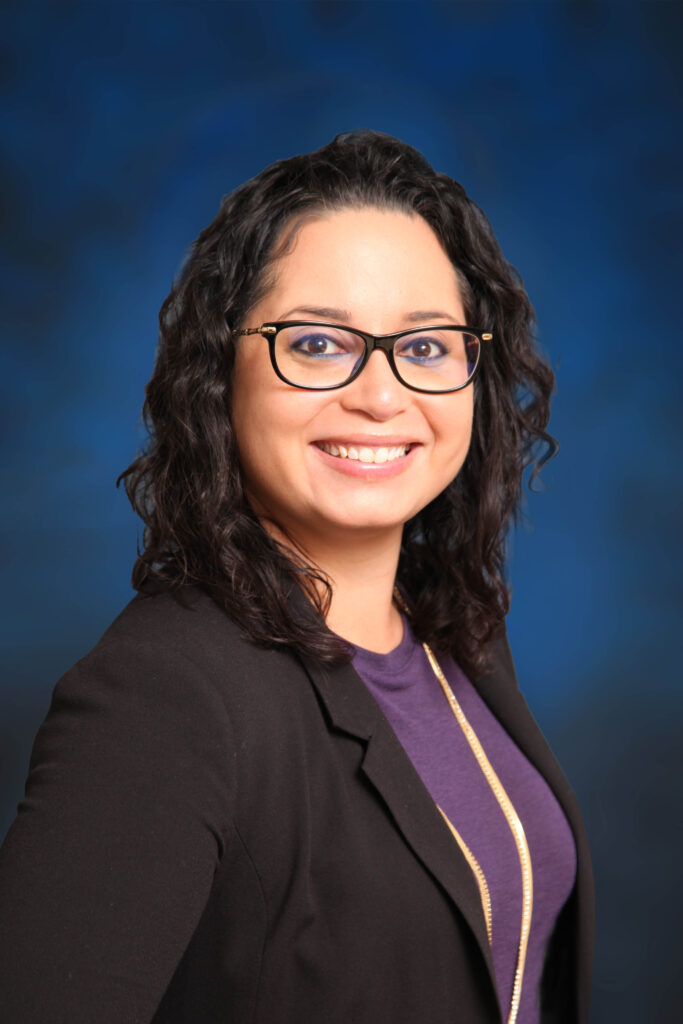
Alana LeBrón, PhD, MSc
Associate Professor in the Department of Health, Society, and Behavior in the Program in Public Health and the Department of Chicano/Latino Studies in the School of Social Sciences at the University of California, Irvine.
Dr. LeBrón earned a PhD in Public Health from the Department of Health Behavior and Health Education at the University of Michigan School of Public Health. She brings over 17 years of experience working alongside low-income communities of color to understand how racism – embedded within policies, systems, and environmental factors – shapes health and health inequities. Her research has focused on the health equity implications of exclusionary immigration and immigrant policies, exposure to toxic substances, climate justice, and health care inequities. Dr. LeBrón’s work is informed by the principles of community-based participatory research (CBPR).
The May Cohort

Larelle Bookhart, PhD, MPH, RD, IBCLC
Bridge to the Faculty Scholar in the Division of Community Health Sciences at the University of Illinois Chicago (UIC-Chicago).
Dr. Bookhart completed her PhD at Emory University in Nutrition and Health Sciences and is a Registered Dietitian and an International Board-Certified Lactation Consultant. Her research interests include nutrition during the first 1,000 days of life, healthcare system practices and policies that influence early nutrition and methods to reduce and eliminate early nutrition-related health inequities with a focus on breast/chest feeding. Dr. Bookhart’s prior research examined factors associated with in-hospital exclusive breastfeeding among healthy, term newborns. Her current research aims to create a continuum of support from the clinical to the community setting in collaboration with community-based maternal care workers to improve breast/chest feeding outcomes. She worked as a county-level director of the Special Supplemental Nutrition Program for Women, Infants, and Children (WIC) in Halifax County, NC where she led and managed the program, while also providing direct nutrition services and counseling, breastfeeding counseling, and lactation management support.
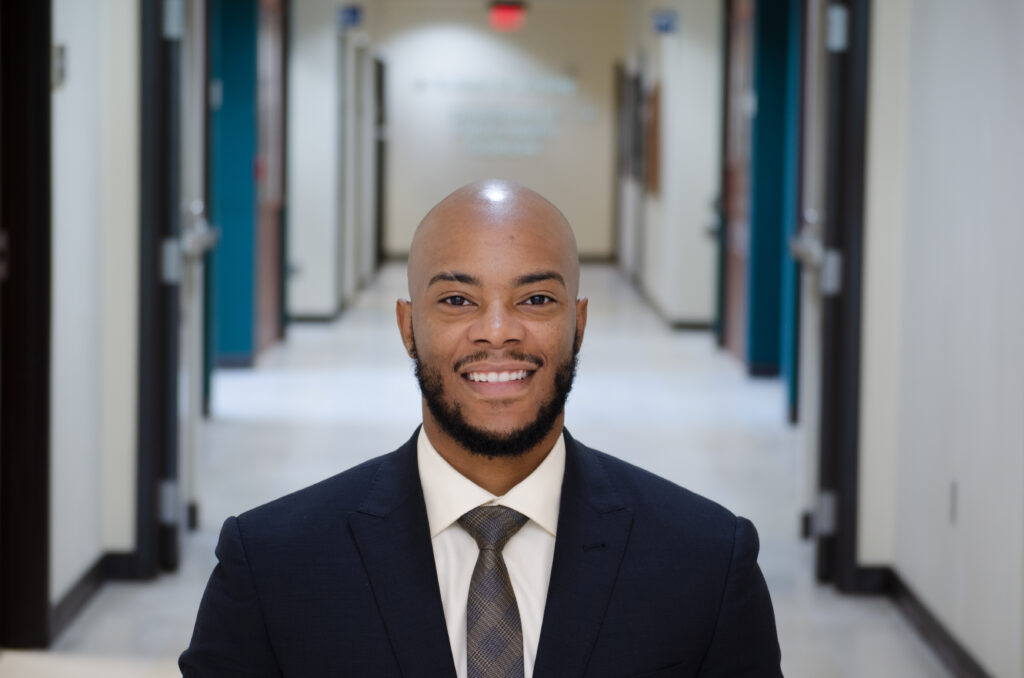
Lorenzo Hopper, PhD, MPH
Assistant Professor in the Department of Public Health Sciences at the University of North Carolina at Charlotte (UNC Charlotte).
Dr. Hopper received his PhD in Maternal and Child Health from the University of North Carolina at Chapel Hill’s Gilling’s School of Global Public Health in 2020, where his research focused on the impact of father engagement on child eating behaviors and other obesity-related factors. Dr. Hopper’s current research focuses on 1) utilizing community-engaged research (CER) and community-based participatory research (CBPR) partnerships to address MCH issues that impact families of color; and 2) improving student mental wellness among first-generation college students. He has a particular interest in exploring the impact of father engagement on MCH outcomes. He is a research fellow with the Moynihan Institute for Fatherhood Research and Policy. In his role at UNC Charlotte, Dr. Hopper is actively involved in curriculum development, accreditation, and student mentorship. Beyond the classroom, Dr. Hopper is recognized for his contributions to research and service at the University.
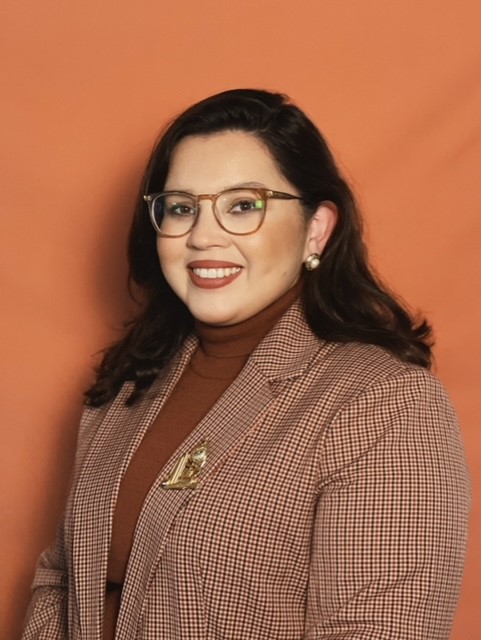
Krystal Flores, DrPH, MPH
Instructional Assistant Professor in the School Public Health at Texas A&M University.
Dr. Flores received both her DrPH and MPH in Health Promotion and Community Health Sciences from Texas A&M University. She holds certifications in Maternal and Child Health, Nonprofit Management, and Effective College Instruction. Her teaching interests include border health, health disparities, program planning, project management, and public health communication. With over a decade of experience in the field of public health, Dr. Flores teaches and mentors students in the undergraduate program at the Texas A&M University Higher Education Center at McAllen. She has worked with several organizations including the U.S. Border Health Commission, the Texas Department of State Health Services, and many local nonprofits in the Rio Grande Valley. She currently serves on the board of directors for Mujeres Unidas (Women Together Foundation), an organization that addresses domestic and sexual violence in South Texas. Her experience has allowed her to cultivate a culture in which students feel inspired to pursue opportunities to serve others outside of the classroom. Moreover, she is an advocate for first-generation, low-income college students in the Rio Grande Valley.
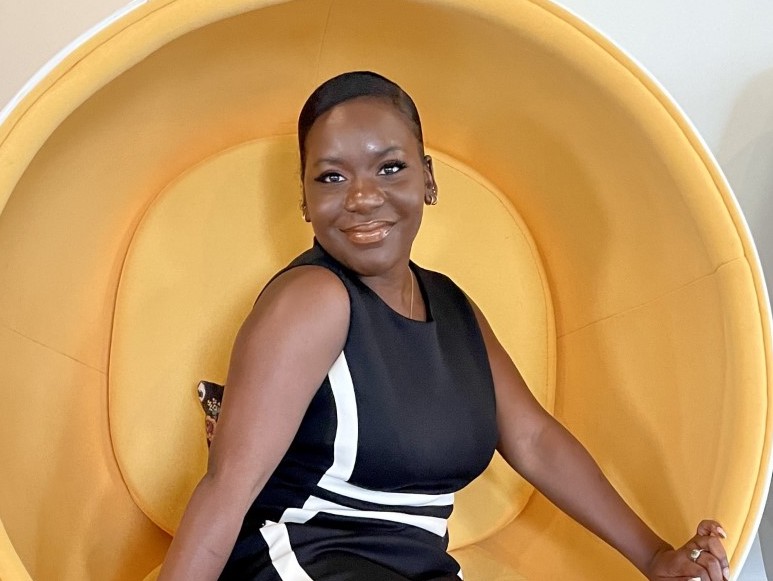
Shantesica Gilliam, PhD, MPH
Assistant Professor in the Environmental and Health Sciences Department at Spelman College.
Dr. Gilliam is a triple dawg alumna from the University of Georgia where she received her Bachelor’s in Health Promotion and Behavior, Master’s in Public Health, and PhD in Health Promotion and Behavior. Her program of research aims to: provide effective resources and programs for underserved populations that disproportionately experience trauma and violence; develop sexual health and HIV prevention strategies and programming; examine racism as a public health issue; bridge the research and practice gap by building community partnerships; and conduct advocacy research to understand intersectionality in the MCH setting. She co-leads a qualitative study entitled “Reducing Intersectional Stress Experiences to Uplift Pregnant and Postpartum (RISEUPP) Women and Individuals,” which explores the intersectional stress experiences of Black perinatal women and how those experiences impact their engagement in healthcare. Dr. Gilliam is also committed to transformative teaching by applying the foundations of health equity and liberation to the classroom space.
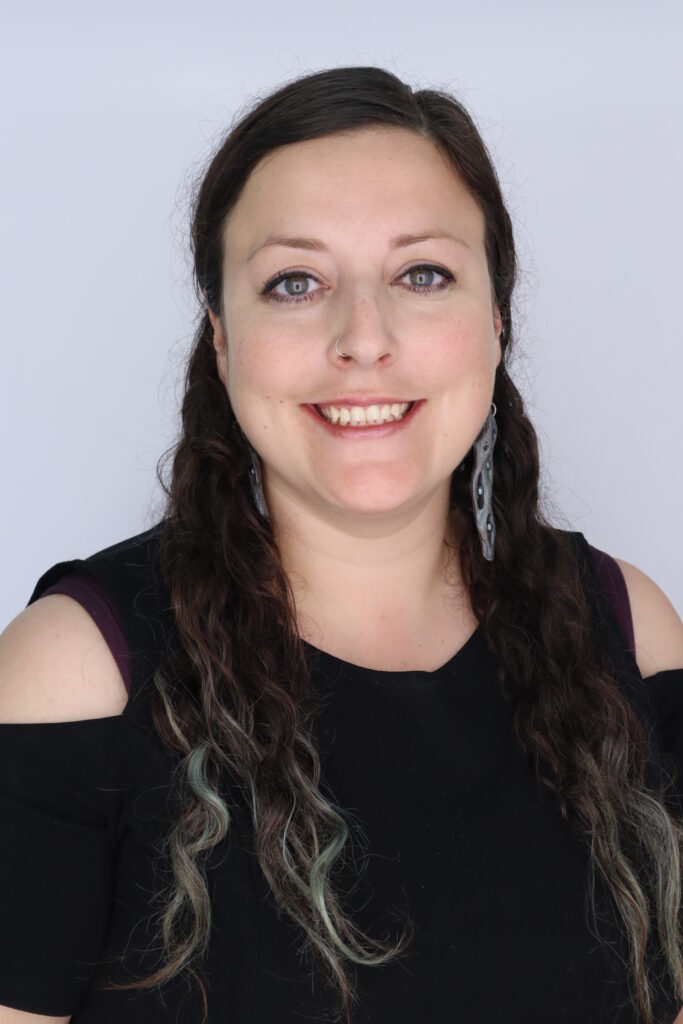
Milena Melo PhD, MA
Assistant Professor in the Department of Anthropology and the curator of the Border Studies Archive at the University of Texas Rio Grande Valley (UTRGV).
Dr. Melo graduated with her PhD in Anthropology from the University of Texas at San Antonio and has a graduate certificate in Mexican American Studies. Dr. Melo is a co-investigator on multiple grants with the UTRGV Maternal Health Research Center in the UTRGV School of Medicine. She is a broadly trained cultural and medical anthropologist whose work focuses on immigration, healthcare inequalities, the U.S-Mexico borderlands, citizenship, and public policy. Motivated by her own experience as a DACA recipient and undocumented immigrant growing up in the U.S.-Mexico borderlands of South Texas, Dr. Melo is committed to conducting research that reduces barriers to healthcare, confronts social inequality, and combats the disenfranchisement faced by marginalized populations in the United States. Her research has been funded by the National Science Foundation, Ford Foundation, School for Advanced Research, American Anthropological Association, and other local, national, and institutional sources.
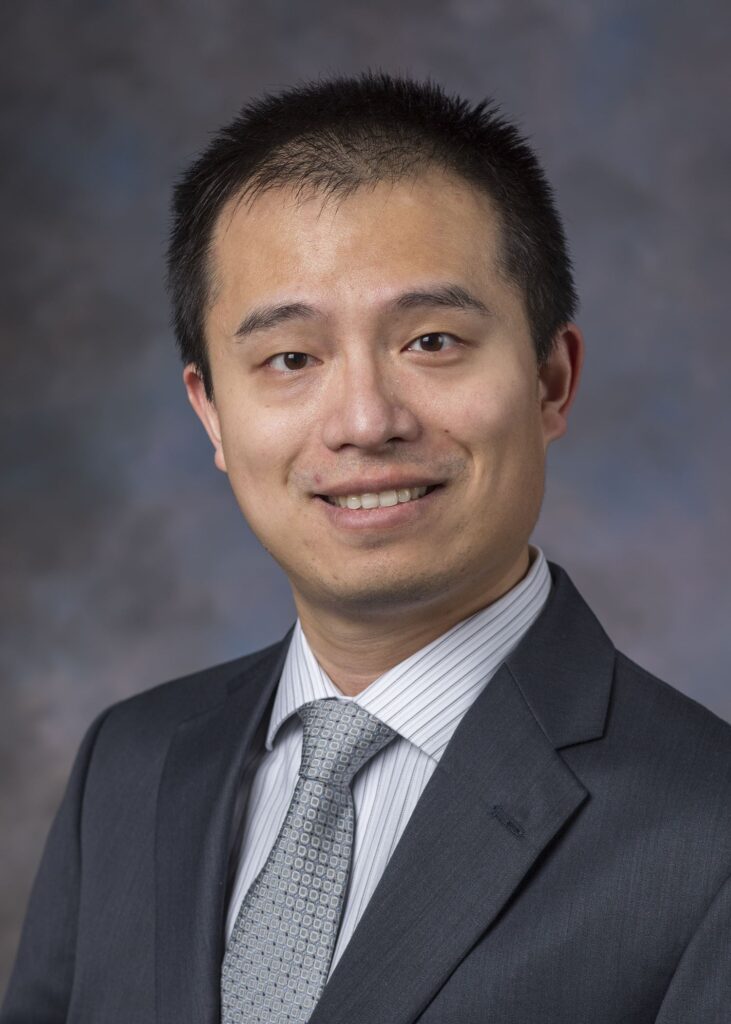
Jiabin Shen, PhD, M.Ed
Assistant Professor in the Department of Psychology at the University of Massachusetts Lowell.
Dr. Shen received his PhD in Life-Span Developmental Psychology from the University of Alabama – Birmingham. As an early-career investigator in applied developmental psychology and prevention science, Dr. Shen’s research program primarily focuses on theory-driven and community-participatory research. His research aims to understand and reduce the burden of injuries among both typically developing children as well as children with neurodiversity (e.g., ADHD, ASD) and trauma (traumatic brain injury). Dr. Shen has published 56 peer-reviewed journal articles, book chapters, and conference proceedings with funding from federal agencies (NIH, HRSA) and professional foundations (American Psychological Foundation, Society of Public Health Education).

Shameika Williams, EdD, MPH
Tenure-track Assistant Professor of Public Health and Social and Environmental Justice Fellow at the State University of New York at Old Westbury.
Dr. Williams started her career in public health in 2008 and prior to joining Old Westbury, she was a Research Scientist at the New York City Department of Health and Mental Hygiene. Dr. Williams has led initiatives that focused on advancing health and birth equity at organizations such as the New York City Department of Health and Mental Hygiene, Columbia University, and Northwell Health. Her current research interests include examining the impact of carceral systems on maternal child health outcomes and examining the impact of structural racism on breastfeeding and birth outcomes. Dr. Williams has led initiatives that focused on advancing health and birth equity at organizations such as the New York City Department of Health and Mental Hygiene, Columbia University, and Northwell Health. She is also a Certified Lactation Counselor, Community Breastfeeding Educator, and is formally trained as a Community Health Worker.
The MCH Faculty Development Fellowship Program at Diverse Institutions (Faculty Fellowship) is funded by the Health Resources and Services Administration’s Maternal and Child Health Bureau, (HRSA MCHB). The Faculty Fellowship Program will contribute to building capacity and developing a diverse MCH workforce that is able to build and sustain academic-practice partnerships and address MCH inequities in communities that are historically underserved.
